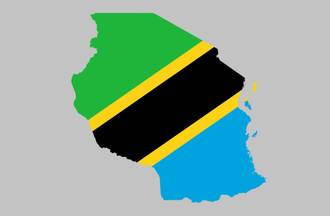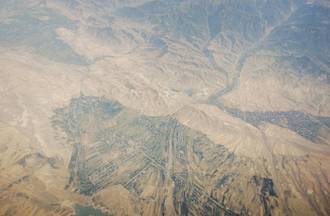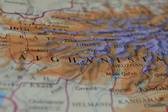Transnational Jihadist Threats
We assess transnational jihadist threats on a global scale, spanning from Europe to Africa. Our CT/PCVE initiatives inform effective policies and practices for international counterterrorism strategies.
Programme Introduction
Although counterterrorism and the efforts to prevent and counter violent extremism (CT/PCVE) have significantly diminished in priority for governments in recent times, Islamist violent extremist organisations (VEOs) continue to play a crucial role and significantly influence the increasing trend of political violence. These organisations share numerous characteristics with other conflict participants and are as much a reflection of governance failures as other violent factions.
Programme team
Dr Jessica White
Director of Terrorism and Conflict Studies
Terrorism and Conflict
Dr Joana de Deus Pereira
Senior Research Fellow
RUSI Europe
Dr Antonio Giustozzi
Senior Research Fellow
Terrorism and Conflict
Christopher Hockey
Senior Research Fellow
RUSI Nairobi
Michael Jones
Senior Research Fellow
Terrorism and Conflict
Claudia Wallner
Research Fellow
Petra Regeni
Research Analyst and Project Officer
RUSI Europe
Chris Goodenough
Programme Manager
Terrorism and Conflict
Timothy Kimaiyo
Threat Analyst | RUSI Consultant
RUSI Nairobi



























